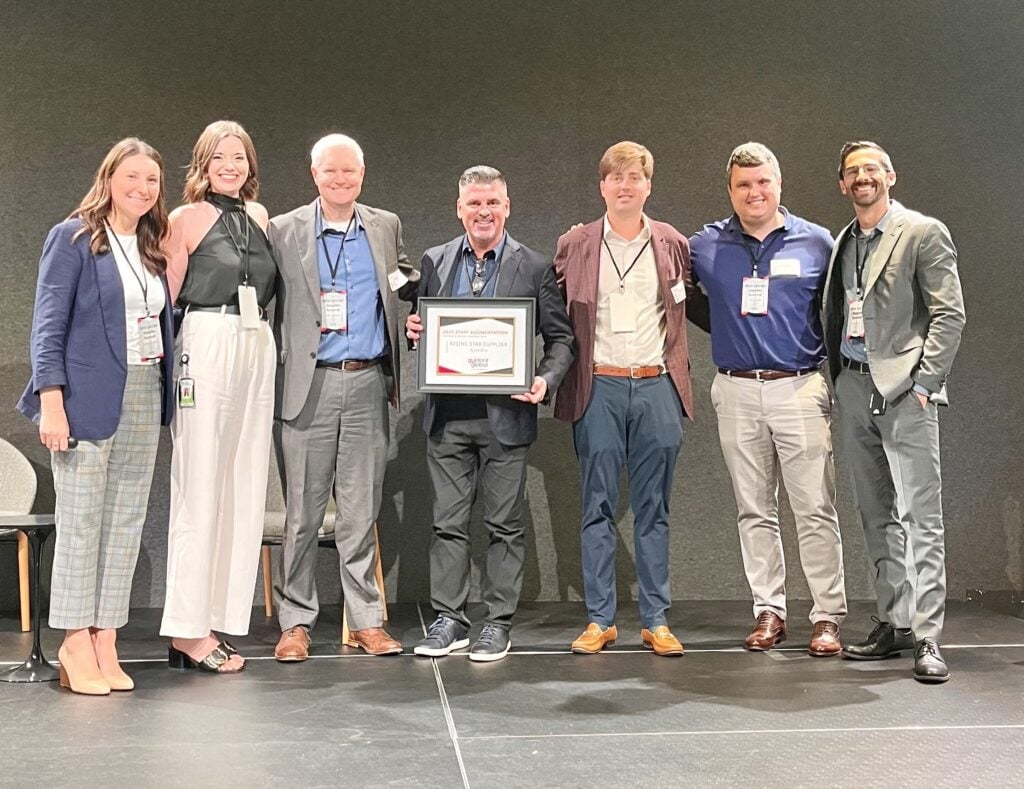Job Success for Recent College Graduates
You may have graduated magna cum laude, aced the interview, and successfully landed your first job with a Fortune 500 company despite the stiff competition in a difficult economy. You have a great deal to celebrate. However, you will soon discover that you also have a plethora of things to still learn to achieve success in the workplace.
No matter how competitive your education may have been, there are still many things to learn and master out in the real world. Just like the President of the United States, a new employee’s first 100 days in office is a crucial time where all eyes are on the recent graduate to see if you have the ability to meet and even exceed expectations. Transitioning from the academic world to real world employment – while also striving to make a favorable impression on one’s new employer – is a challenge. In doing so, recent grads will discover it takes finesse to handle pressure with grace.
New employees, regardless of age or experience, should be mindful of the personal and professional dynamics in every office. To achieve upward mobility and job security with employers, there are simple yet effective steps one may follow:
1) Find a mentor. Carefully chose someone who is an expert in your field, who genuinely wishes to teach and counsel you, and who can freely provide objective advice and guidance in your chosen profession. He or she will be invaluable to you, and will appreciate your sincere interest in learning their knowledge and expertise.
2) Refrain from engaging in company gossip. Although it is important to form alliances and network, draw strong boundaries between your personal and professional life. Make a rule to keep any complaints or issues in your personal life confidential from your co-workers.
3) Take it seriously. The days of lazy summer jobs and entertaining internships are over. Develop a perspective of your position in a long-term mindset. Establish ambitious yet tangible goals to demonstrate your professional demeanor.
4) Dress appropriately. Become knowledgeable of your company’s dress code, and emulate professional expectations.
5) Tread lightly. Despite having a strong drive to prove yourself, humbly and graciously understand your role as a new employee. Although it is important to demonstrate confidence, also be cautious not to step on anyone’s toes. Within your first 100 days, being humble with your authority figures will place you in their good graces.
6) Do your homework. For the first time you are working without the structure of a syllabus and concrete expectations of a professor. However, just because your workday might be over at 5pm, does not mean your work is necessarily accomplished for the day. Especially within your first 100 days, pursue research on your company, your position, and on any required company programs needed to succeed. Take your training just as seriously as you would a final exam.
Don’t be surprised if your first career diverges from the solid vision of what you aspire to pursue in a career after graduation. In today’s economy, it is realistic to not always be able to begin with a career that is an ideal match with your desired “plan.” Normally, it takes many years in the workforce to truly discover who you are and what you wish to achieve in your life. Yet, practicing astute professionalism and our suggestions for making the most of your first career will help lay the foundation for upward mobility, success, and an auspicious future.
Guest author, Victoria Andrew, CPRW and Owner/Director of Words Prevail, LLC www.wordsprevail.com
Victoria Andrew offers resume writing solutions and will be happy to help position new grads for career campaign success with her diverse portfolio of services.
Kavaliro Employment Agency has offices in Tampa, Fla., Charlotte, N.C., Orlando, Fla., Washington, D.C., and Jacksonville, Fla. and can make sure you find the right people for this important role. We are ready and waiting to help you anytime and look forward to hearing from you.


